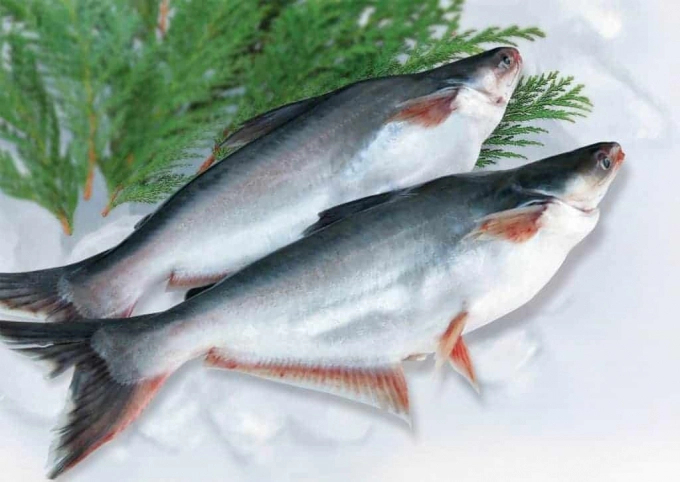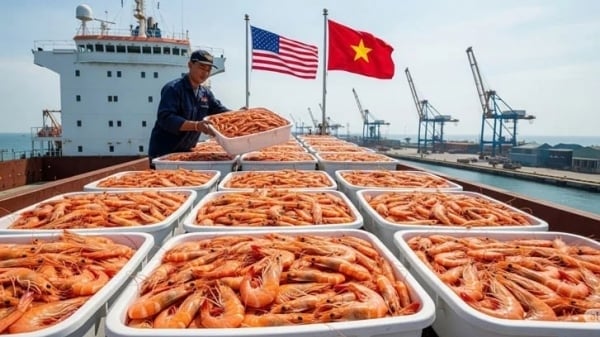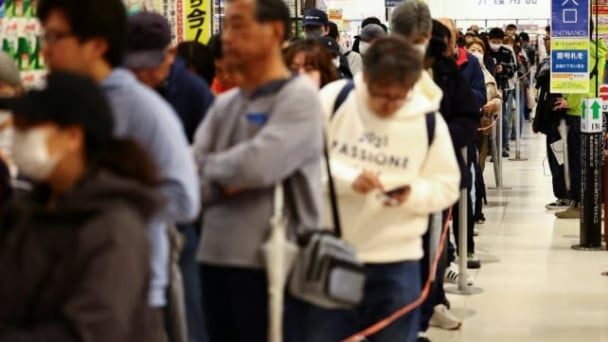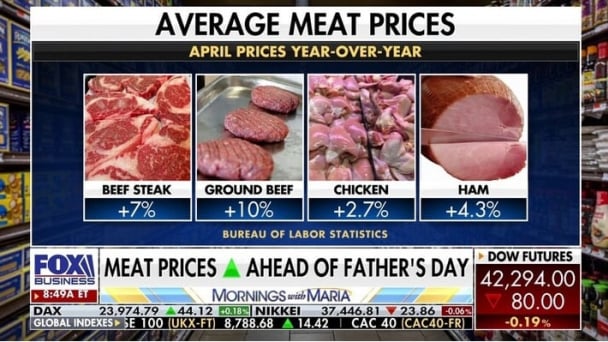June 16, 2025 | 03:35 GMT +7
June 16, 2025 | 03:35 GMT +7
Hotline: 0913.378.918
June 16, 2025 | 03:35 GMT +7
Hotline: 0913.378.918

Pangasius export to Russia was interrupted due to the Russia-Ukraine conflict. Photo: TL.
According to Ms Ta Ha, pangasius market expert of the Vietnam Association of Seafood Exporters and Producers (VASEP), after Russia initiated a special military campaign in Ukraine, exports of Vietnamese pangasius to this market are facing many difficulties and temporarily interrupted.
Information from some pangasius exporters to Russia shows that, after Western countries introduced a series of financial sanctions targeting Russian banks, the value of the Ruble fell by nearly 30%, the lowest level ever against the USD.
Due to the strong depreciation of the Ruble, many Russian importers refused to pay for their orders. The payment situation through banks of businesses is almost paralyzed, the payment is not simplified even for some importers who have accounts in other countries.
Consequently, businesses have temporarily stopped signing pangasius export orders to Russia, although many importers of this country still want to continue cooperation without interruption.
Shipping lines have also announced the refusal of shipping containers to Russia because of a very high risk that shipments may be detained at the port Rotterdam before reaching two major Russian seaports, Saint Petersburg and Vladivostok.
In 2021, due to the impact and influence of the Covid-19 epidemic, Russia’s demand for imports of frozen pangasius fillets from Vietnam increased sharply. Vietnam is one of the three largest markets supplying whitefish products for Russia (after Argentina and China).
Vietnam is the sole market supplying frozen pangasius to Russia. Pangasius exports to Russia in 2021 reached 32.5 million USD, up 72.5% compared to 2020. Over the past years, Vietnamese pangasius businesses still consider Russia as a market with great potential and great demand.
Translated by Hoang Duy

(VAN) Noting risks, report examines impacts of avian influenza, changing trade patterns since 2022, fish fraud, and shipping industry’s net-zero goals.

(VAN) Mr. Tran Quang Bao, General Director of the Forestry and Forest Protection Department, met and worked with the International Wood Products Association to promote cooperation in the field of timber trade.

(VAN) China's outbound shipments of rare earths in May jumped 23% on the month to their highest in a year, though Beijing's export curbs on some of the critical minerals halted some overseas sales.

(VAN) To sustain capital flow, administrative reform alone is not enough; what farmers truly need is an ecosystem where both government and businesses grow together in support.

(VAN) Vietnam and the United States are proactively working together, each in their own way, to ensure that every container of agricultural goods carries not just products, but also long-term trust and value.

(VAN) Stores have started selling rice from the government’s stockpile to feed demand for the staple.

(VAN) Omaha Steaks CEO says rebuilding cattle herds will take about a year to ease price pressures.